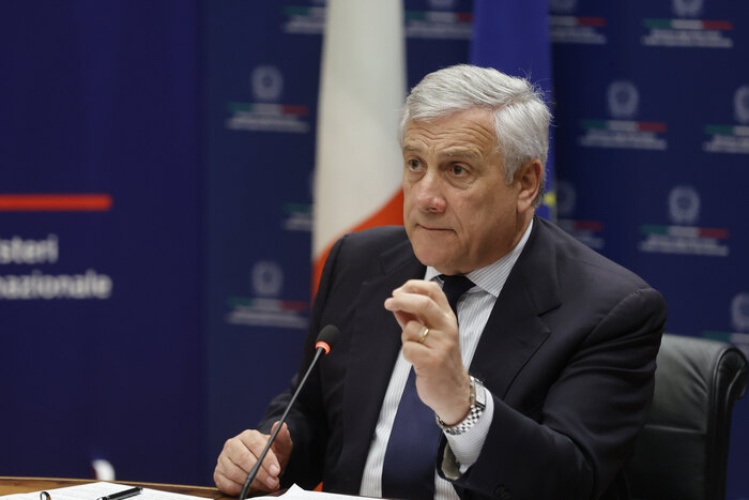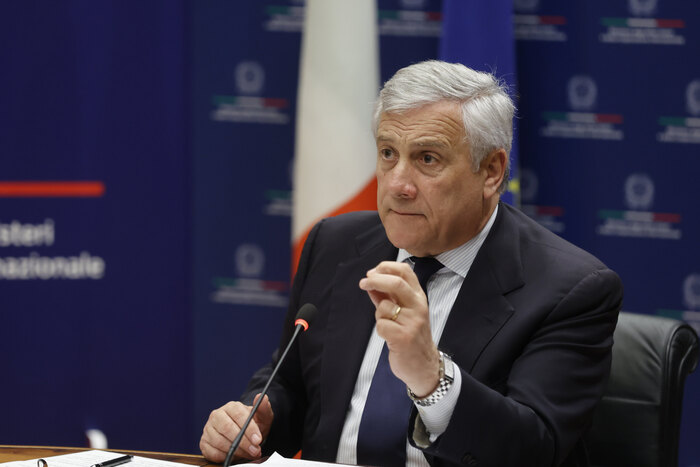Deputy Prime Minister, Foreign Minister and acting head of Forza Italia Antonio Tajani confirmed the decision in an interview with Il Messaggero, published Sunday.
The controversial reform “is one of the historical pillars of our programme since 1994” said Tajani, adding that it was an “unfulfilled dream” of the late former PM Silvio Berlusconi.
Tajani denied that the government’s recent criticism of a judge’s ruling in relation to proceedings concerning justice undersecretary Andrea Delmastro amounted to an attack on the judiciary.
He also said that reforms proposed by Justice Minister Carlo Nordio are not intended as punishment for decisions or comments that it doesn’t like.
“I do not see any attack against the magistrates,” said the minister, insisting that justice reform is “a precise commitment made to voters”.
“Minister Nordio is a magistrate, it is clear that no one is seeking revenge against magistrates,” added Tajani.
On Saturday the president of Italian magistrates’ union ANM, Giuseppe Santalucia, accused the government and the justice ministry of “delegitimising” the judiciary in relation to the Delmastro case.
Sources at Palazzo Chigi described as “unusual” the decision by a Rome preliminary investigations judge to reject a request from the prosecution to shelve the case against the undersecretary.
The preliminary investigations judge instead ordered prosecutors to formulate a request for his indictment.
Delmastro is alleged to have breached secrecy rules regarding the case of jailed anarchist leader Alfredo Cospito.
The government sources also suggested that some magistrates had joined the opposition.
“Reforms can be liked or not, for us it is important to distinguish constitutional roles. Parliament makes the laws, the judiciary applies them,” Tajani told Il Messaggero.
Last month Nordio presented a justice reform bill including a clamp-down on the publication of information obtained from wiretaps, abolition of the crime of abuse of office, cancellation of prosecutors’ rights to appeal against acquittals for many minor crimes, and preliminary steps towards the separation of the career paths of prosecutors and judges, among other things.
ANM chief Santalucia has said that the part of the justice bill stopping prosecutors from appealing against acquittals for less serious crimes is likely to be declared unconstitutional.
This assertion has prompted the minister to accuse magistrates of potentially crossing the line into politics and unduly meddling in political life, breaching the Constitutionally mandated separation of powers between the executive and judiciary branches.
Santalucia, however, rejected suggestions that the ANM wanted to interfere.
“Magistrates and the ANM, which has represented them for over a century, have not only the right but also the duty to speak, to enrich the debate on justice issues,” said Santalucia.
“Because this way they broaden the debate and contribute, with their argued and reasoned point of view, to improving the quality of reforms wherever possible.
“This is the essence of democratic life,” he added.
ANSA











